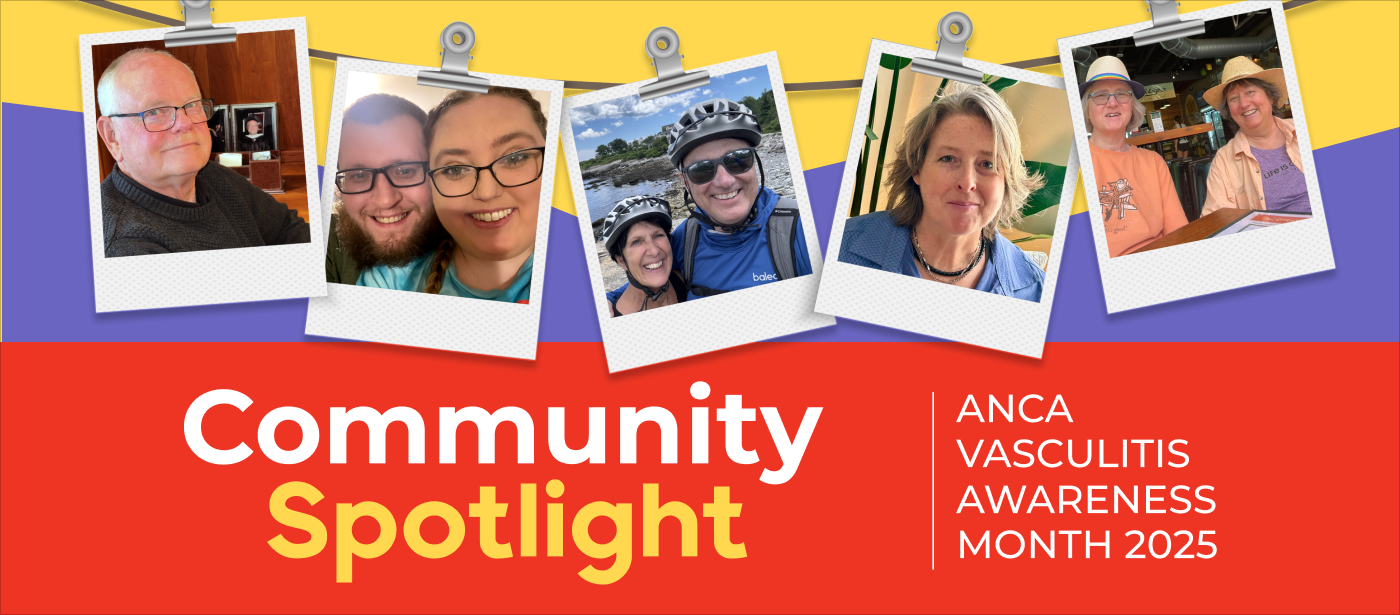The importance of public policy for the ANCA vasculitis community
Written by |


Pam Squires is the wife of columnist Sarah Jones, who lives with ANCA vasculitis. (Courtesy of Pam Squires)
This is Pam Squires’ story:
For the last 30 years, since my wife, Sarah, and I met on a blind date in Grand Rapids, Michigan, we have been active in politics. Marriage equality was at the top of our list. We enjoyed meeting legislators and governors and speaking at rallies.
When Sarah was diagnosed with eosinophilic granulomatosis with polyangiitis (EGPA), a form of ANCA vasculitis, more than four years ago, our advocacy continued with just as much fervor. But now, we had a different focus: access to healthcare and medications.
The nonprofit we started, Eosinophilic & Rare Disease Cooperative (ERDC), has been working to increase awareness of policy issues directly impacting people with rare diseases. There is a particular piece of legislation that is on our minds all the time — and Vasculitis Awareness Month seemed like a good time to tell you about it, in hopes you might get involved.
The problem
Back in the 1980s, Congress passed the Orphan Drug Act. This legislation gave incentives to pharmaceutical companies to research and develop orphan drugs to treat rare diseases — which, by definition, affect fewer than 200,000 people in the U.S. (EGPA is estimated to affect about 5,000 Americans.)
It’s a bummer that the Inflation Reduction Act of 2022, which aimed to address several issues, including healthcare costs, contains a section that could jeopardize the development of some orphan drugs.
Most people don’t know that 9 in 10 medications fail to reach the market. Trials can cost millions of dollars, which means pharmaceutical companies lose millions or billions of dollars on the therapies that aren’t approved. If the 10% of approved medications benefit a large number of people — such as drugs for COVID-19 — it can help offset those losses. But that isn’t the case with rare diseases, which is why incentives are crucial.
A possible fix
ERDC is a part of the Save Rare Treatments Task Force that is working to protect incentives for pharmaceutical companies that develop medications for rare diseases. A pending piece of legislation called the Orphan Cures Act would address this by amending the Inflation Reduction Act.
Sarah and I tell our stories all the time. We let our legislators know that it took 57 doctor visits and one year to get Sarah’s EGPA diagnosis. We share that there are very few medications for ANCA vasculitis. We regularly ask them to support legislation like the Orphan Cures Act to ensure our community has new treatments.
If you’re interested in getting involved, please contact ERDC at [email protected] and we’ll get you set up. It feels good to have a voice. For Sarah and me, this process has been healing. So much of life with a rare disease is silent and lonely. It doesn’t have to be that way.
In recognition of Vasculitis Awareness Month in May, the ANCA Vasculitis Community Spotlight campaign features a series of stories highlighting the real-life experiences of people affected by vasculitis, written in their own words. Follow us on Facebook, Instagram, and X for more stories like this, using the hashtag #ANCASpotlight, or read the full series.





